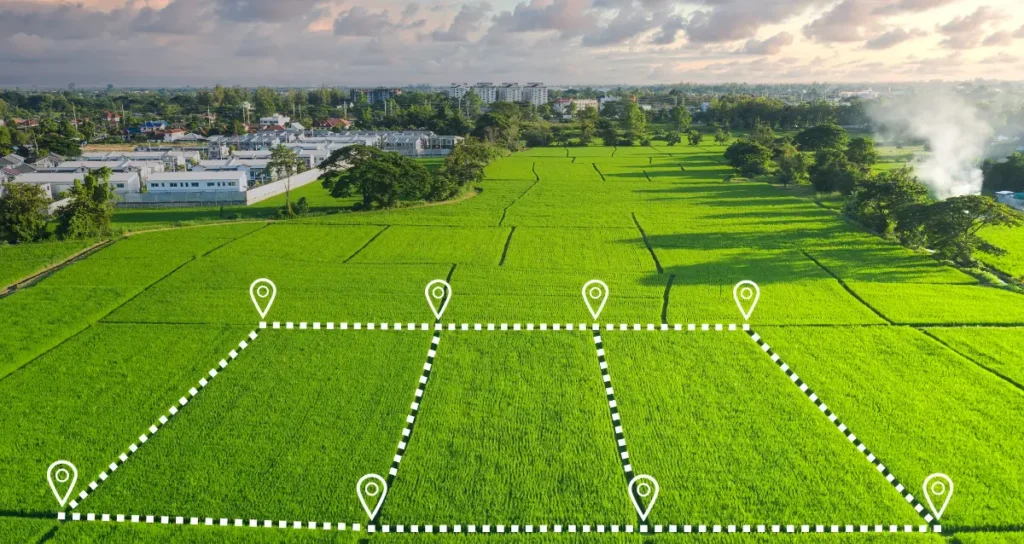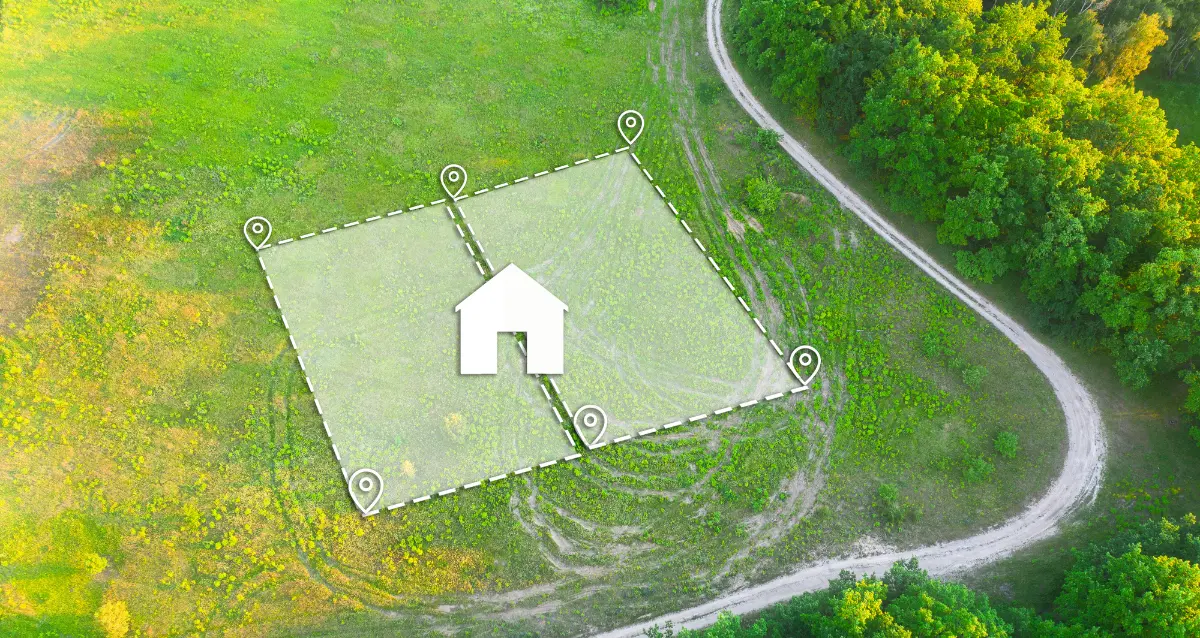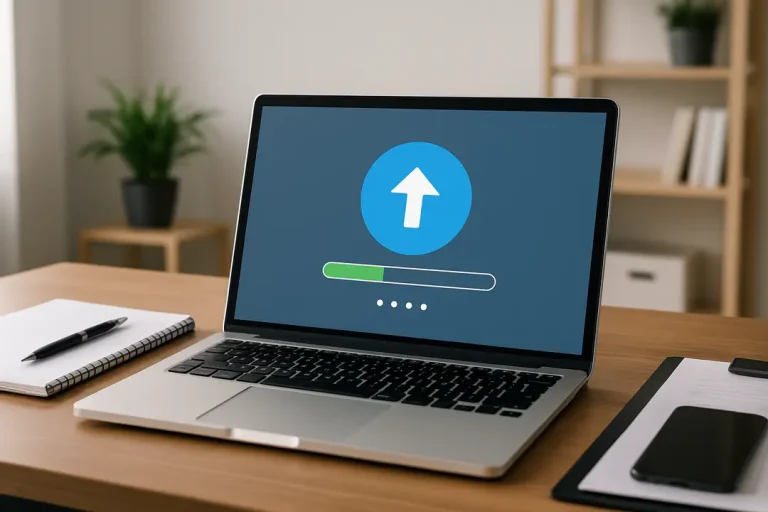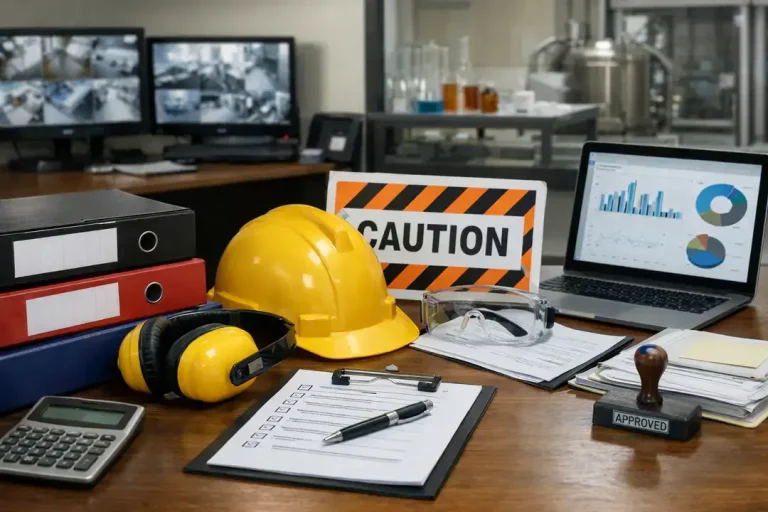Should I Buy Land or a House?
Before deciding whether to buy land or a house, it’s essential to consider your goals and lifestyle preferences. Are you looking for a place to call home, or are you primarily interested in real estate investment opportunities? Your answer to this question will significantly influence your decision.
To decide whether to buy land or a house, consider the following:
Your goals, financial capacity, and long-term plans should guide your decision.
Investment or Personal Use?
If your primary objective is to build a personal residence, a house may be the more practical choice. However, if you’re looking for an investment opportunity with the potential for long-term capital appreciation, purchasing land could be a better option, especially in areas with high growth potential.
Your Financial Situation
Your financial situation plays a crucial role in determining whether to buy land or a house. Purchasing land typically requires a smaller upfront investment compared to a house, but it may involve additional costs for development, utilities, and construction. On the other hand, buying a house often requires a larger down payment and ongoing expenses such as mortgage payments, property taxes, and maintenance costs.

Benefits of Buying Land
Appreciation Potential
One of the primary advantages of buying land is its potential for appreciation. As urban areas expand and demand for housing increases, undeveloped land in desirable locations can significantly increase in value over time. This appreciation can provide a substantial return on investment if you choose to sell the land or develop it in the future.
Control Over Development
Buying land gives you complete control over the development process. You can design and build a custom home tailored to your specific needs and preferences, or you can choose to develop the land for other purposes, such as commercial or residential rentals. This flexibility allows you to maximize the potential of your investment.
Privacy and Seclusion
Land ownership often provides a greater sense of privacy and seclusion compared to living in a residential neighborhood. With your own piece of land, you can enjoy the peace and tranquility of a more secluded setting, away from the hustle and bustle of urban areas.
Drawbacks of Buying Land
Limited Liquidity
One of the main drawbacks of buying land is its limited liquidity. Unlike a house, which can be sold relatively quickly in most market conditions, selling raw land can be a more challenging and time-consuming process. This lack of liquidity can make it difficult to access your investment capital if you need it quickly.
Additional Costs
Purchasing land often comes with additional costs beyond the initial purchase price. You may need to factor in expenses such as site preparation, utilities, access roads, and permitting fees. These costs can add up quickly and should be carefully considered before making a purchase.
Zoning and Permitting
When buying land, it’s crucial to understand the zoning regulations and permitting requirements in the area. Some land parcels may have restrictions on development or specific permitted uses, which could limit your ability to build or develop the property as desired. Navigating these regulations can be complex and time-consuming.

Benefits of Buying a House
Ready to Move In
One of the most significant advantages of buying a house is that it’s typically ready for immediate occupancy. You don’t have to worry about the additional time and expenses associated with land development and construction. This can be particularly appealing if you’re looking for a place to call home right away.
Established Neighborhood
When you buy a house in an existing neighborhood, you benefit from established infrastructure, amenities, and a sense of community. This can be especially important if you have children and want access to good schools, parks, and other family-friendly facilities.
Potential for Rental Income
If you purchase a house with the intention of renting it out, you can potentially generate a steady stream of rental income. This can help offset the costs of ownership and provide an additional source of passive income.
Drawbacks of Buying a House
Higher Upfront Costs
Buying a house typically requires a larger upfront investment compared to purchasing land. This includes the down payment, closing costs, and potentially higher mortgage payments. These higher costs can make it more challenging to enter the real estate market, especially for first-time buyers.
Maintenance and Repairs
Homeownership comes with the responsibility of maintaining the property and addressing any necessary repairs. These costs can accumulate over time and can be a significant financial burden, especially for older homes or properties that require extensive renovations.
Limited Customization
When you buy an existing house, you’re limited in terms of customization options. While renovations and remodeling are possible, they can be costly and may not always achieve the desired results. Building a custom home on land you own allows for greater flexibility and personalization.
Making the Decision
Seek Professional Advice
Given the complexity and financial implications of buying land or a house, it’s advisable to seek professional advice from real estate agents, attorneys, and financial advisors. These professionals can provide valuable insights, guide you through the process, and help you make an informed decision based on your specific circumstances.
Conduct Due Diligence
Whether you’re buying land or a house, it’s crucial to conduct thorough due diligence. This includes researching the property, the neighborhood, and the local real estate market. Additionally, consider factors such as zoning regulations, environmental concerns, and potential development plans in the area.
Consider Long-Term Plans
Your decision should also take into account your long-term plans. If you’re planning to stay in the area for an extended period, buying a house may be more practical. However, if you anticipate relocating or pursuing other investment opportunities, purchasing land could provide greater flexibility and potential for appreciation.
Conclusion
Deciding whether to buy land or a house is a complex decision that requires careful consideration of your goals, financial situation, and long-term plans. Both options have their advantages and drawbacks, and the choice ultimately depends on your specific circumstances.
By thoroughly evaluating your needs, seeking professional advice, and conducting due diligence, you can make an informed decision that aligns with your objectives and maximizes your investment potential.
FAQs
Is it easier to obtain financing for land or a house?
Generally, it’s easier to obtain financing for a house compared to land. Lenders typically view land as a riskier investment, and the financing requirements may be more stringent, such as higher down payments or higher interest rates.
Can I build a house on land I own without hiring a contractor?
While it’s possible to build a house on your own land without hiring a contractor, it’s generally not recommended unless you have extensive construction experience and knowledge of local building codes and regulations. Building a house is a complex process that requires skilled labor and adherence to safety standards.
How long does it typically take to develop land after purchasing it?
The time it takes to develop land can vary significantly depending on factors such as the size of the property, the complexity of the project, and the local permitting and zoning requirements. In general, it can take several months
Can I rent out the land I purchased while waiting to develop it?
Yes, in some cases, you may be able to generate income by renting out the land you purchased while waiting to develop it. Potential uses could include renting it for agricultural purposes, parking lots, or storage facilities. However, it’s important to check local zoning regulations and ensure that the intended use is permitted on the land.
What happens if I purchase land and later discover it is not suitable for development?
If you purchase land and later discover that it is not suitable for development due to environmental concerns, zoning restrictions, or other factors, you may have limited options. In such cases, you could potentially resell the land, although you may not recoup your full investment. It’s crucial to conduct thorough due diligence and seek professional advice before purchasing land to minimize the risk of such situations.
FURTHER READING







